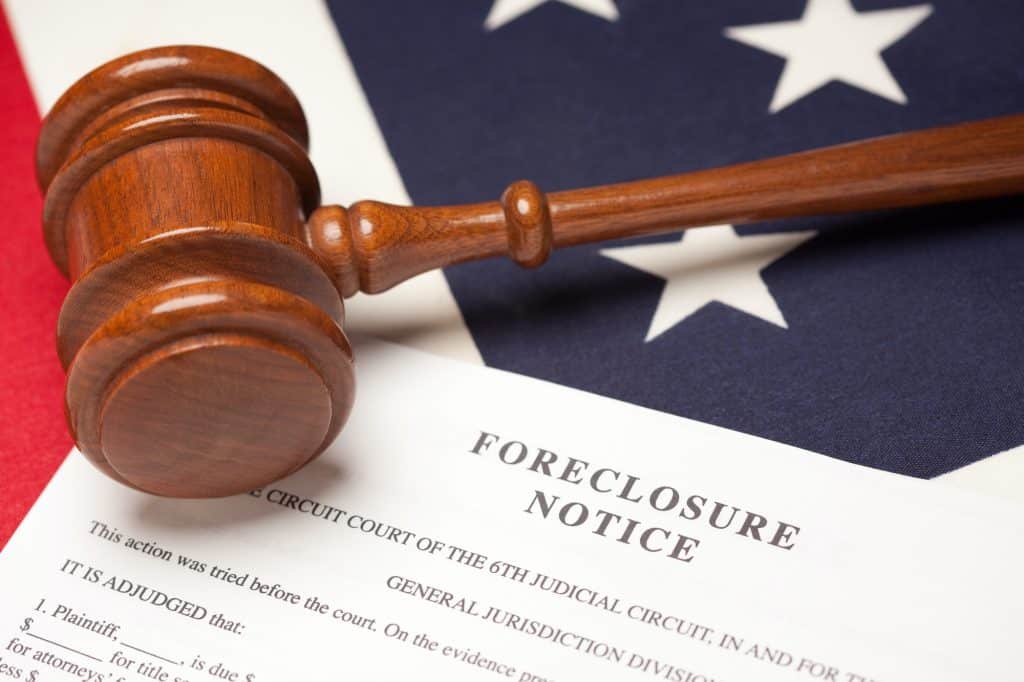Selling your home for cash can be a quick, attractive option for many homeowners, offering a fast and convenient way to close a deal without the traditional hassles of a lengthy sales process. However, it’s crucial to understand the legal aspects associated with such transactions to ensure a smooth and legally sound process.
First, it’s essential to recognize that selling a home for cash doesn’t exempt you from legal obligations. Regardless of the payment method, you must adhere to local and state real estate laws. It’s advisable to consult with a real estate attorney who can guide you through the legal intricacies of your specific jurisdiction. They can help you navigate potential pitfalls, ensuring that all legal requirements are met.
One critical aspect is transparency in the transaction. Disclose all relevant information about your property to the buyer, including any known defects or issues. Failure to do so could result in legal consequences down the line, as buyers have the right to be informed about the condition of the property they are purchasing.
Additionally, thoroughly review and understand the terms of the cash sale agreement. A well-drafted contract should outline the responsibilities of both parties, the agreed-upon purchase price, and any contingencies. This legal document serves as the foundation of the transaction, protecting both the seller and the buyer.
Something as simple as taxes can get complicated with a cash transaction. Have the current years taxes been paid or are they still owed? In a traditional transaction, the taxes are prorated to the day of closing and the buyer or seller will get a credit from whoever either paid or is paying the taxes for that year. With a cash transaction, it is negotiable who is responsible for paying the real estate taxes. Also, is there an HOA? Who is paying the HOA fees for the current year? Have they already been paid? This is something else the real estate contract should address.
Buyers may perform due diligence, such as home inspections and title searches, to ensure the property’s legitimacy and condition. As a seller, you must be prepared to provide the necessary documentation and cooperate with these processes. Failing to do so may raise suspicions and potentially lead to legal disputes.
Does your home have a clean, or marketable, title? Items like mechanics liens, collections, tax liens, and HOA past due bills can get attached to your house. If there is not a clean title, then those items will have to be paid for out of closing.

In some cases, selling a home for cash may involve investors or companies that specialize in such transactions. Be cautious and conduct thorough research before entering into an agreement. Verify the legitimacy of the buyer and ensure that they have a reputable track record. This step can help you avoid potential scams and legal issues associated with unscrupulous buyers.
In conclusion, while selling your home for cash can be a quick and efficient process, understanding the legal aspects is paramount. Consult with a real estate attorney, be transparent in your dealings, and ensure that the transaction is well-documented. By taking these precautions, you can navigate the legal landscape of cash sales and enjoy a smooth and legally sound home-selling experience.




